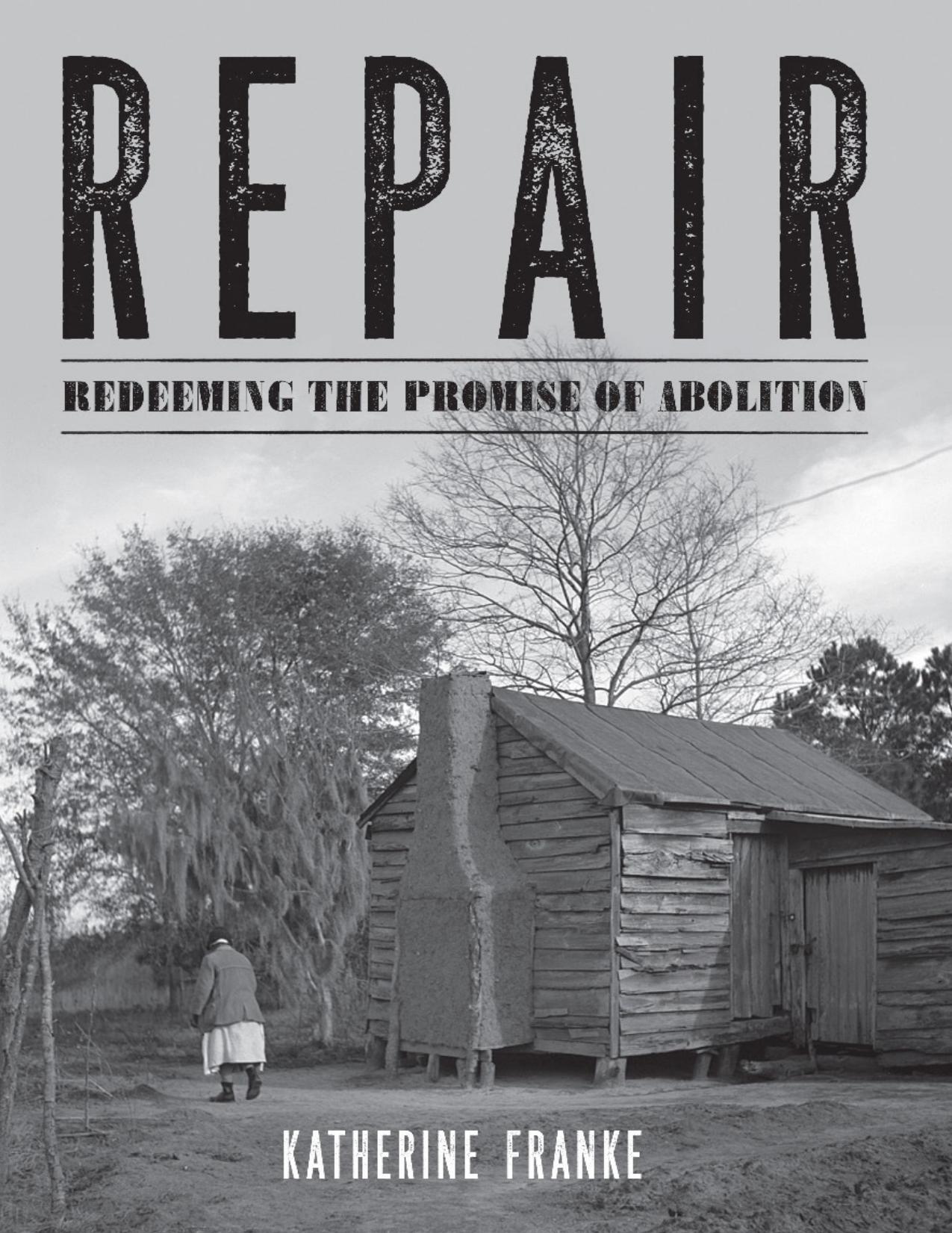Repair: Redeeming the Promise of Abolition by Katherine Franke

Author:Katherine Franke
Language: tam
Format: epub, mobi, pdf
Publisher: Haymarket Books
Published: 2019-04-14T16:00:00+00:00
This history makes a compelling case for the renewed call for reparations today, especially in the form of property redistribution. To be sure, modern principles of human rights and dignity—familiar to today’s ear but not yet articulated in the mid-to late nineteenth century—fully embrace the notion that a kind of restorative justice must be awarded to the victims of human enslavement for the loss of liberty, torture, hatred, and degradation that they suffered and that characterized the institution of chattel slavery.25
Clearly, enslaved people gained a set of important rights when they were freed. They could have their marriages honored legally, enter into contracts, and sign documents in their own names. But for the most part, the right to own property was not acknowledged as something to which they were fully entitled. In fact, complying with the legal rules of marrying and making contracts were seen as practices that could impose the kind of disciplinary training that would prepare them for other, more fundamental, rights—such as owning property.26
Yet rights, are not rights, are not rights. That is to say, all is not equal among fundamental rights. In important ways, property rights serve a keystone function—they are the rights upon which all other rights rest, some have argued.27 Arthur Lee, an early colonial diplomat, born in Virginia and educated in Britain, and a strong opponent of slavery, addressed the British Parliament in 1775 on the question of colonial independence, arguing that “[t]he right of property is the guardian of every other right, and to deprive a people of this, is in fact to deprive them of their liberty.”28 In making this argument, Lee relied heavily on John Locke’s approach to property: “For the preservation of property being the end of government, and that which men enter into society … for I truly have no property in that which another can of right take from me, when he pleases, without my consent.”29 Twelve years earlier, Adam Smith observed that a core aspect of the importance of property rights was its centrality to successful governance.30 Giving Smith’s thoughts a more modern gloss, property rights could be understood to be essential to both self-governance and governance by the state. In this sense, property rights are necessary not only to the creation of personal wealth and well-being, but to the creation of civic personhood. According to the dominant thinking at the time slavery was abolished in the US, to deny to a group of people the status of property rights–holder is to deny their humanity and membership in civil society. From this perspective, property rights can be a particularly “dense transfer point for relations of power” in the process of identity formation.31 Or, to borrow from Franz Fanon, property becomes a kind of “glowing focal point where citizen and individual develop and grow.”32
It was precisely this kind of recognition—of full personhood through property rights—that was denied Black people when they were freed. While the missionaries from the North who regarded themselves as caretakers of Black freedom—almost
Download
Repair: Redeeming the Promise of Abolition by Katherine Franke.mobi
Repair: Redeeming the Promise of Abolition by Katherine Franke.pdf
This site does not store any files on its server. We only index and link to content provided by other sites. Please contact the content providers to delete copyright contents if any and email us, we'll remove relevant links or contents immediately.
| General | Discrimination & Racism |
Nudge - Improving Decisions about Health, Wealth, and Happiness by Thaler Sunstein(6633)
iGen by Jean M. Twenge(4702)
The Fire Next Time by James Baldwin(4342)
Adulting by Kelly Williams Brown(3669)
The Sports Rules Book by Human Kinetics(3588)
The Hacking of the American Mind by Robert H. Lustig(3580)
The Ethical Slut by Janet W. Hardy(3502)
Captivate by Vanessa Van Edwards(3296)
Mummy Knew by Lisa James(3166)
In a Sunburned Country by Bill Bryson(2946)
Ants Among Elephants by Sujatha Gidla(2924)
The Worm at the Core by Sheldon Solomon(2917)
Suicide: A Study in Sociology by Emile Durkheim(2609)
The Slow Fix: Solve Problems, Work Smarter, and Live Better In a World Addicted to Speed by Carl Honore(2574)
Humans of New York by Brandon Stanton(2379)
Handbook of Forensic Sociology and Psychology by Stephen J. Morewitz & Mark L. Goldstein(2376)
Blackwell Companion to Sociology, The by Judith R. Blau(2318)
The Happy Hooker by Xaviera Hollander(2274)
Outliers by Malcolm Gladwell(2257)
